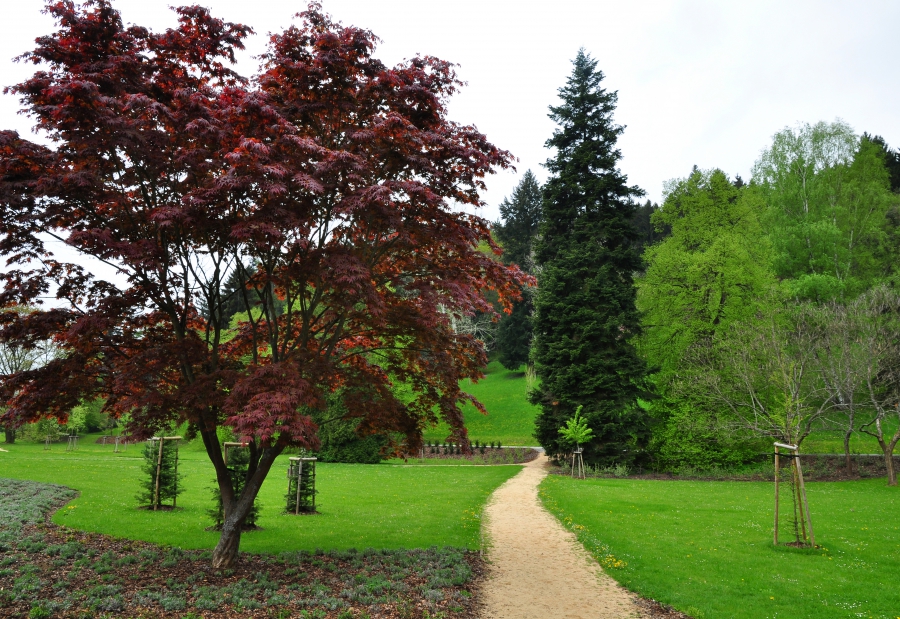Blog
Recent Posts
Allergy Causing Trees
Posted by on
As you may know by now, Allergena’s seasonal allergy relief formulas are specifically designed to combat the symptoms of allergies based on your geographic location. However, in order to know what sorts of allergens are affecting your body, it is important to be informed about which trees are in your area. As the weather continues to warm up and your allergies likely worsen, educate yourself on the many trees that are the most well known for causing that sneezing, coughing and congestion you have come to know and despise so much.
The Cypress Family

Cypress :
The pollen that comes from the Cypress tree is a severe allergen which is found mostly in the southwestern part of the U.S.
Juniper:
Known to start shedding their pollen as early as winter, Juniper trees can be found throughout the western United States.
Cedar:
The majority of Cypress allergies are caused by Cedar trees, especially red cedar and mountain cedar. For the most part, these trees are found in the southern and eastern part of the country.
The Birch Family
Birch:
Birch pollen is cross-reactive with many other types of tree pollen, not to mention it is extremely widespread. Unfortunately, this often means a prolonged allergy season for those who suffer from birch allergies.
Hornbeam:
Trees like hazel, hornbeam and hophornbeam are all mildly allergenic. They are also cross-reactive with pollen from other trees like birch and alder trees, as well as some in the chestnut family.
Alder:
In the early spring, Alder trees tend to shed large amounts of pollen. This kind of pollen acts as a buffer and can make those who experience seasonal allergies become more susceptible to worsened allergies later in the season.
The Chestnut Family
Oak:
Located all over the country and also cross-reactive with the cypress and chestnut families, if you have an oak allergy, you are likely to be allergic to several other kinds of trees as well.
Beech:
Found in the eastern United States, beech tree pollen is only mildly allergenic.
Chestnut:
Chestnut allergies are known to be very common due to the highly allergenic properties of the pollen. These trees are found in the eastern U.S.
The Olive Family
Ash:
Common to a variety of regions in the United States, ash tree pollen is extremely allergenic. What’s more is, because of their cross-reactivity, if you are allergic to ash, it is very likely that you will be allergic to other trees in the olive family as well.
Privet:
This tree is actually an evergreen shrub, but nonetheless, can cause severe allergies in those who are sensitive to their pollen.
Olive:
While these trees can be found in almost all 50 states, the most allergenic type of olive tree is known to grown in California.
The Poplar Family
Cottonwood:
Mildly allergenic, these trees can be found all across the United States.
Aspen:
Just like the cottonwood, the aspen is found in all 50 states and can be moderately allergenic.
Poplar:
Found throughout the U.S., these trees shed from winter to summer depending on their geographic location and can be fairly allergenic.
If you find that you are suffering from allergies caused by tree pollen in your geographic region, it may be time to try something other than those same old over-the-counter allergy products. Allergena’s specially designed allergy relief formula may be able to provide you with the relief you have been searching for. Shop our online store now!
 Loading... Please wait...
Loading... Please wait...
